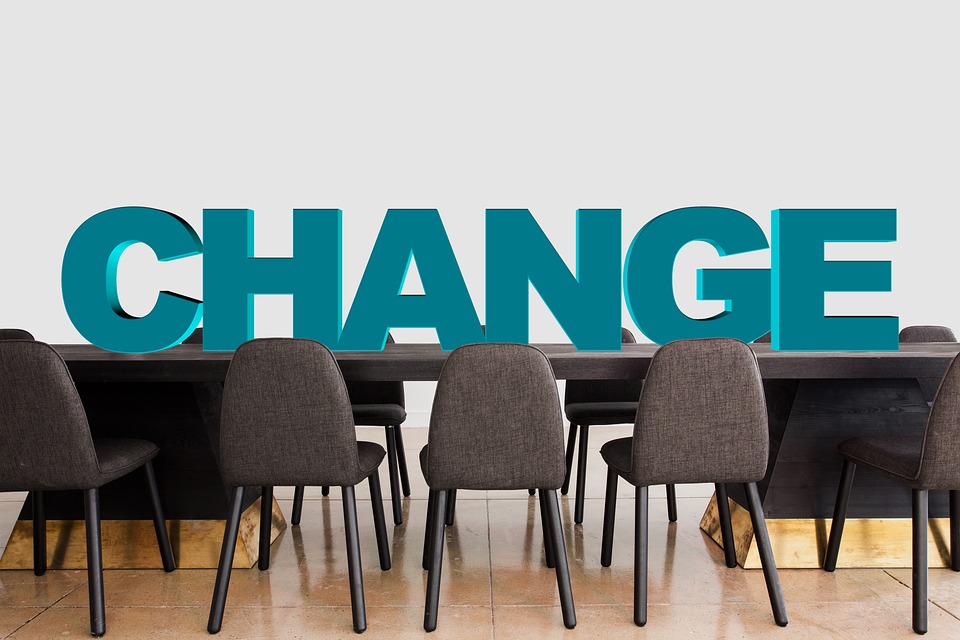
Learning Solutions: Support for Change Agents
Across the United States, individuals, organizations and communities are wrestling with a wide array of challenging and “wicked” science, technology, engineering, and mathematics (STEM)-related problems. The good news is that thousands of individuals, organizations and communities are coming up with great ideas for how to confront these problems. Unfortunately, most will encounter significant roadblocks to success along the way, but not because of bad ideas. Most professionals falter along the long and often convoluted pathway between idea and successful execution because they bump up against barriers they do not expect or know how to overcome. This National Science Foundation-supported pilot project is working on developing a multi-platform Learning Solutions program designed to support those individuals, organizations and communities engaged in work that cultivates the public’s understanding of, engagement with, and interest in STEM fields and STEM-related information. By better understanding the experiences of STEM learning change agents, the challenges they face, and the creative learning solutions they enact, this project will ensure that more professionals successfully access the learning know-how they need, when they need it, in curated, easy-to-digest formats. The Learning Solutions project is committed to building capacity and will help more people, successfully bring more good ideas to fruition.
Project Update:
The initial goal of Learning Solutions was to see if it is possible to create tools and resources that would enhance Informal Science Education (ISE) by directly supporting individuals and groups, engaged in cultivating the public’s understanding of STEM. However, unlike most such professional support/learning efforts, the project is NOT directly focused on facilitating STEM learning of end users, but rather is focused on the ISE professionals/facilitators themselves. Our goal is to support the needs and day-to-day well-being of the people working on supporting STEM learning.
What We’ve Learned (so far): We began the project assuming that task number one was identifying the problems and finally, somewhere down the road, working out how best to communicate these to professionals. After more than a year of working in this space, we have been able to identify many challenges professionals could and desire support about. However, we now appreciate that we cannot just start with problems, then develop a list of solutions, and then hope that professionals will find us looking for help; the “build it and they will come approach.” Rather, we now appreciate that step one needs to be creating a community (or perhaps even better, working with an existing community) of professionals, who over the course of their work bump up against problems/issues, that we could then be responsive to/supportive of. The central focus of this new Learning Solution approach would be to position ourselves like a “professional support concierge” – someone you could ask when and if you have questions related to your day-to-day professional life.
Next Steps: As we complete our current National Science Foundation-funded feasibility project we have been working on two fronts. First, we have continued to talk with change agents of various kinds, via focus groups and one-on-one interviews, in order to better understand how, in a future phase of the project, we might best build the kind of approach described above. Second, we are also working to develop a national survey of employee well-being. We are hoping that this survey, done in collaboration with a number of museum-focused associations, will help the field better understand how to support the well-being-related needs of museum professionals across the country.
Project Team: John Falk, Ph.D., Elysa Corin, Ph.D., Stacey Sheehan , Ashanti Davis
